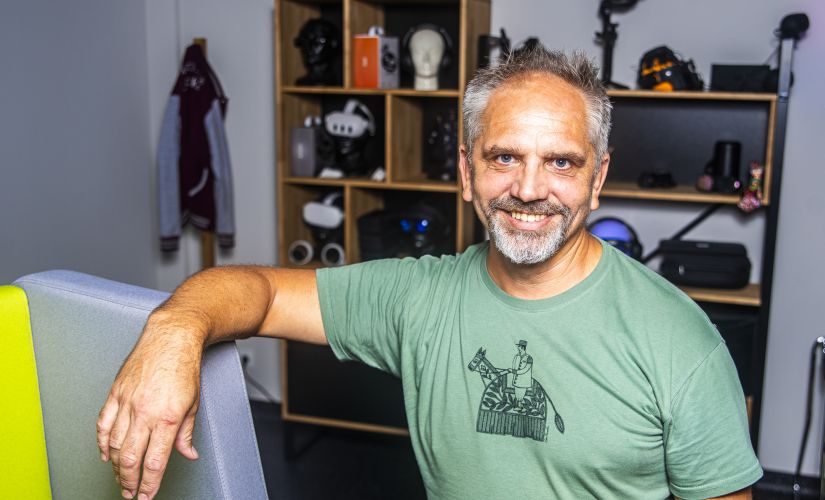International cooperation
Cracow University of Technology is the project leader, whereas the partners include, besides TUL, Universidade de Aveiro (Portugal), Politecnico di Milano (Italy), and Universidad de Cadiz (Spain). The VRChem project seeks to revolutionize chemical engineering education.
Project objectives
Dr inż. Grzegorz Zwoliński highlighted that VRChem is an ambitious enterprise and its primary goals include:
• developing a VR course framework, methodology and training materials for faculty in five languages (English, Polish, Portuguese, Spanish, Italian),
• setting up an intercollegiate platform for VR courses,
• running pilot VR training courses for students and faculty.
Workshops and good practice
In the course of the project, there will be workshops to share good practice in the process of incorporating VR technology in education and the chemical industry.
Deliverables
The VRChem project is anticipated to deliver the following:
• an international methodology to assist students and instructors in a VR environment will have been developed,
• an e-learning platform for VR courses will have been set up,
• at least 80 students and 24 trainers will have been trained.
The future of teaching and learning
The project comes in response to the changing demands for education within a rapidly changing world. Digital and green technologies are perceived as central themes to affect higher education in the years to come. The international aspect of the VRChem project should certainly contribute to the improvement of the quality of education and should strengthen student employability.
VRChem will kick off on September 1, 2024, and is expected to continue for three years.


